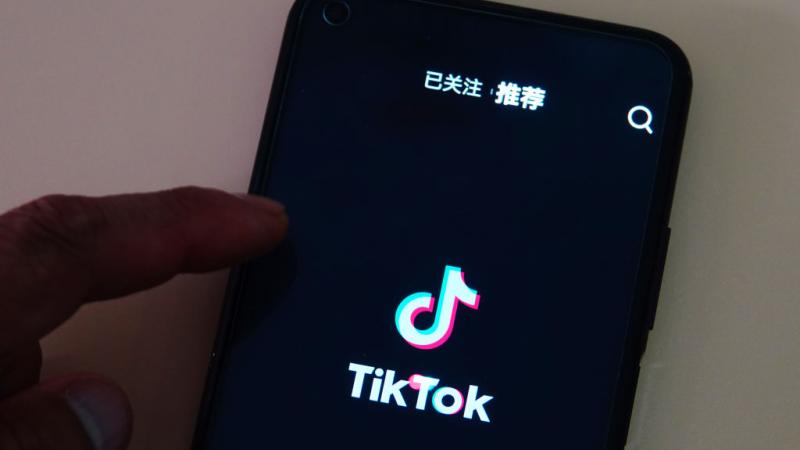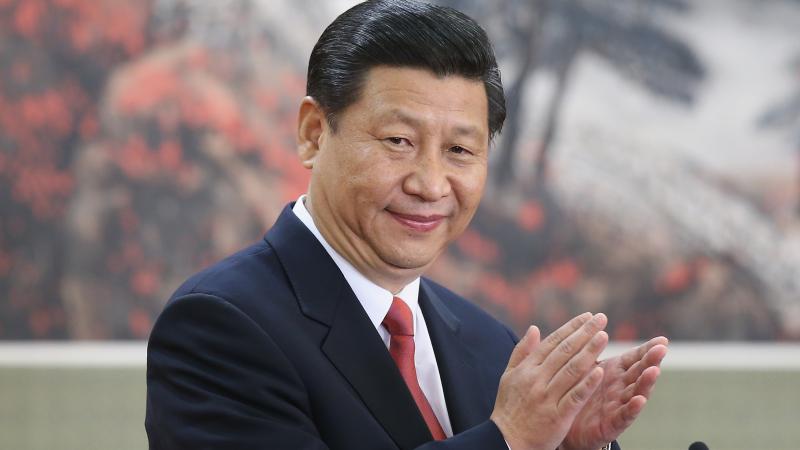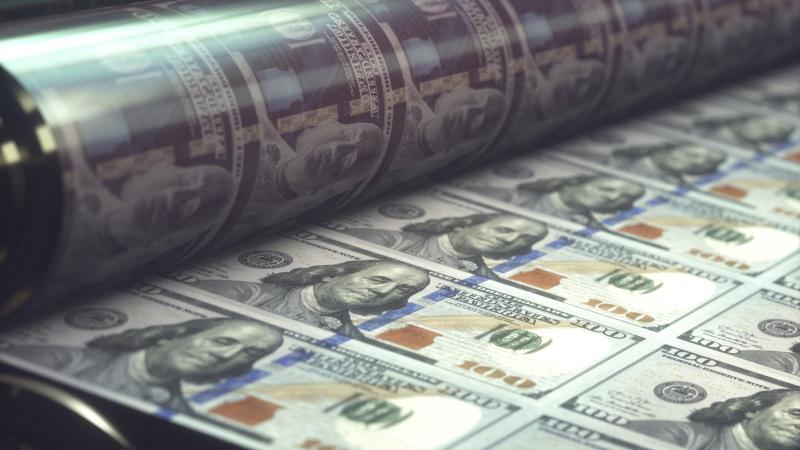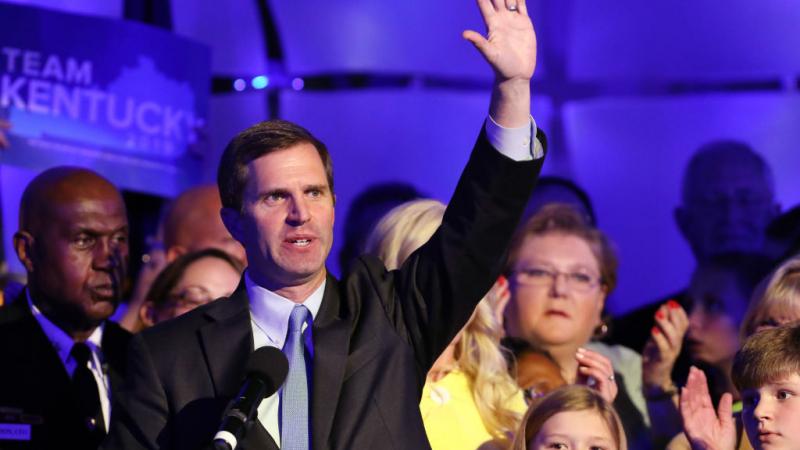Swift take down of TikTok, now DeepSeek over China, privacy concerns led by likely unexpected Italy
Italy, one of the West's oldest cultures, has long exhibited a deep-seated suspicion of unfamiliar or untested technologies.
One of the major battles over the ways futuristic technologies related to artificial intelligence will be policed is being fought in one of the west’s oldest cultures. The outcome may have an impact on the rest of the world.
Italy is the most techno-skeptic in Europe, as evidenced by its shut-down-first-and-ask-questions-later approach to Chinese AI app DeepSeek this month.
The day after the app debuted, Italy’s privacy watchdog formally gave its owner, the Hangzhou-based hedge fund High-Flyer, 20 days to answer a series of questions about how information it gathered in Italy would be collected, stored, and used. But in the end, the watchdog barely waited 20 hours, completely shutting off access to DeepSeek from app stores for Italian users of smartphones and other devices .
DeepSeek earned worldwide headlines starting in January when it was revealed that as long as users stayed away from topics deemed “sensitive” in China – the app won’t do anything that would cast a light on the 1989 Tiananmen Square massacre, for example, or on controversies related to China’s alleged abuses of its Uyghur minority – it could compete blow-by-blow with more established and much, much more expensive U.S. rivals like OpenAI’s ChatGPT, Google’s Gemini, Microsoft’s Copilot, and Anthropic’s AI engine Claude.
But as with Chinese-owned social media platform TikTok, DeepSeek has sparked widespread privacy concerns that its U.S.-based rivals have sidestepped.
Italy was the first country to ban the app, but others have since followed suit, including Australia, India, Taiwan, and the U.S. Navy and the state of Texas. Other governments are reported to be mulling similar moves.
But in Italy it’s probably not an anti-China bias. The country has long exhibited a deep-seated suspicion of unfamiliar or untested technologies. In 2023, Italy temporarily blocked OpenAI over privacy concerns and then last December it fined OpenAI about $16 million and ordered it to change policies. Going further back, the country’s regulators have a decade-long history of sanctioning U.S. Internet giants like Amazon, Apple, and Google.
Commentators said those steps are no surprise in Italy, which, according to attorney and analyst Francesco Di Ciommo, a business law professor at Rome’s LUISS University, has a “maniacal attention to privacy rights.”
“In the U.S. and some other parts of the world it’s the markets that are the first priority,” Di Ciommo told Just the News. “In Europe, it’s individual rights that come first, then the market. And in Italy, that’s carried out to an even larger degree.”
But what happens in Europe doesn’t necessarily stay in Europe. According to Nizan Geslevich Packin, a law professor specializing in financial regulation and consumer protection at Baruch College in New York, developments in Italy may ripple around the globe.
“DeepSeek’s rapid downfall in Italy suggests a growing appetite among governments to act first and ask questions later,” Geslevich Packin wrote in a white paper entitled “How Italy’s Ban Might Shape AI Oversight.”
“While consumer data protection is crucial, these swift bans can also trigger a chilling effect on AI innovation,” Geslevich Packin concluded.
All this from decisions made in Rome, the ancient city that will celebrate the 2,778th birthday in April.
But according to Di Ciommo in Rome, Italy’s moves will only have an impact on guiding AI development if they spark policies that will make governments consider and act on the long-term implications of the rapidly-changing AI landscape.
“If Italy is the only country setting these limits for any length of time the country puts itself at a severe competitive disadvantage by hurting innovation compared to other countries,” he said. “At the very least, there should be some agreement on broad terms at least between the U.S., Europe, and probably China.”
Italy’s conservative prime minister, Giorgia Meloni, is doing her best to leave Italy’s imprint on the international order.
Meloni, who U.S. President Donald Trump called “a fantastic woman” after her visit last month to his Mar-a-Lago, Florida, home, used her role as the president of the Group of Seven club of large industrialized countries last year to call the first summit on the future of AI in that forum.
The goal was to start the process of developing a rulebook for AI governance, and the result showed that that will be a long, gradual process.
The Facts Inside Our Reporter's Notebook
Links
- one of the westâs oldest cultures
- 20 days to answer a series of questions
- shutting off access to DeepSeek from app stores
- anything that would cast a light on the 1989 Tiananmen Square massacre
- Chinaâs alleged abuses of its Uyghur minority
- more established and much, much more expensive
- Chinese-owned social media platform TikTok
- others have since followed suit, including Australia, India, Taiwan, and the U.S. Navy and the state of Texas
- Italy temporarily blocked OpenAI over privacy concerns
- fined OpenAI about $16 million
- a decade-long history of sanctioning U.S. Internet giants like Amazon, Apple, and Google
- attorney and analyst Francesco Di Ciommo, a business law professor at Romeâs LUISS University
- Geslevich Packin wrote in a white paper entitled âHow Italyâs Ban Might Shape AI Oversight.â
- Donald Trump called âa fantastic womanâ after her visit last month to his Mar-a-Lago, Florida, hom
- the first summit on the future of AI in that forum















